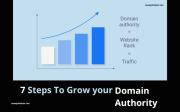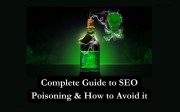Ultimate SEO Guides for Ranking in 2023
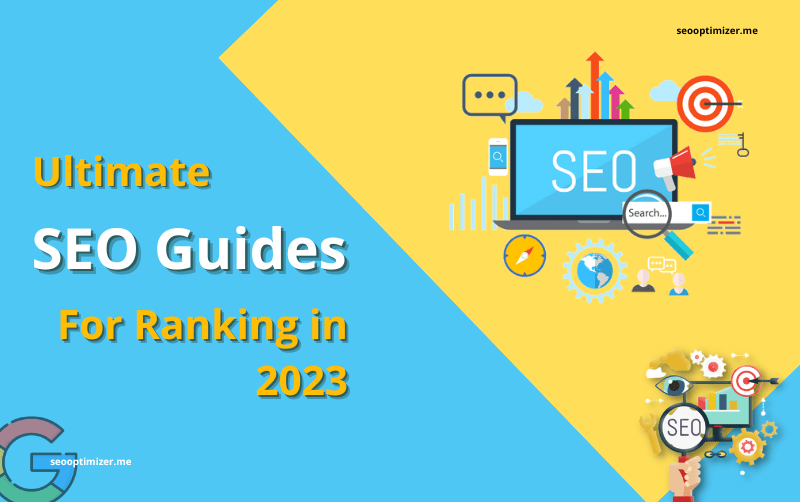
If by any chance you are reading this article, I believe you already know the meaning of SEO. But for those who do not understand the meaning, SEO is a means of improving the quality and quantity of website traffic to a website or a web page from search engines like Google, Bing or Yandex.
SEO is also known as search engine optimization and it is a term coined in the 90s around the time content providers, authors, developers, and webmasters began the optimization of websites for search engines, as the first search engines were cataloging the early web. However, the help of artificial intelligence and improved algorithm has changed how google rank websites today in order of relevance.
This post highlights the ultimate SEO Guides you must consider when optimizing your content
Suggested read: What is SEO Analyzer?
1. Use HTTPS encryption - Secured SSL
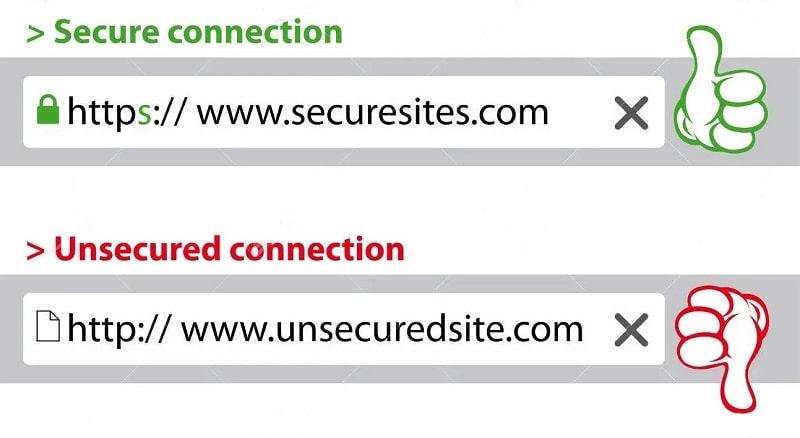
The term SSL refers to Secure Sockets Layer and it is a security padlock and the HTTPS protocol that provides secure connections from a web server to a browser. It is a noticeable padlock beside a web URL whenever you visit a website through a browser. A non-secure website means that any private information provided on such website is not protected, as such you tend to lose your audience if your website is not secured.
2. Activate Sitemap
A Sitemap is a list of posts, pages, images, categories, tags, archives, and other content of a website within a domain. Having a sitemap on your website makes it easy for search engine bots to crawl the content on your website.
Also read: The Significance of Mobile Optimization in SEO
3. Submit Your website to Webmaster tools
Submitting your websites to webmaster tools will help you to keep track of users’ behavior on your website. It will help you to understand and analyze where your visitors are coming from, the content they are searching, how long they spend on your website, and so on.
So, submit your website to Google webmaster tools and Google analytics, Bing webmaster tools, and Yandex webmaster tools.
Suggested read: SEO and Everything in-Between
4. Write and Publish informative Content Regularly
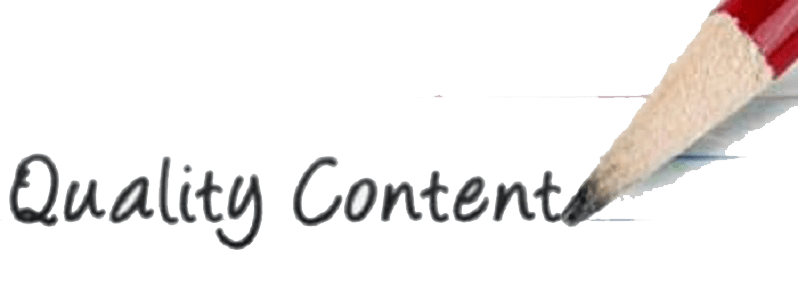
The backbone of your website is the content you provide because that’s what the readers are looking for. Whenever a user visits a search engine, they are looking for quality and informative content. If your contents are informative, google will rank your website. You are also going to get backlinks from another website that finds your content resourceful. Hence, you will get organic traffic.
5. Do keyword Research - Find High Volume Keywords
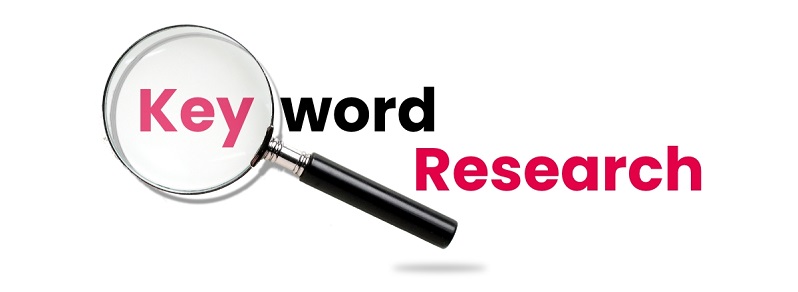
Before you start writing, ensure to find high-volume keywords then target the keywords within your article. The reward of using target and high-volume keywords is organic traffic. This is a good SEO practice.
You can use free keyword research tool provided by spysuggest, google keyword planner or h-supertool keyword research tool.
6. Only one H1 per page
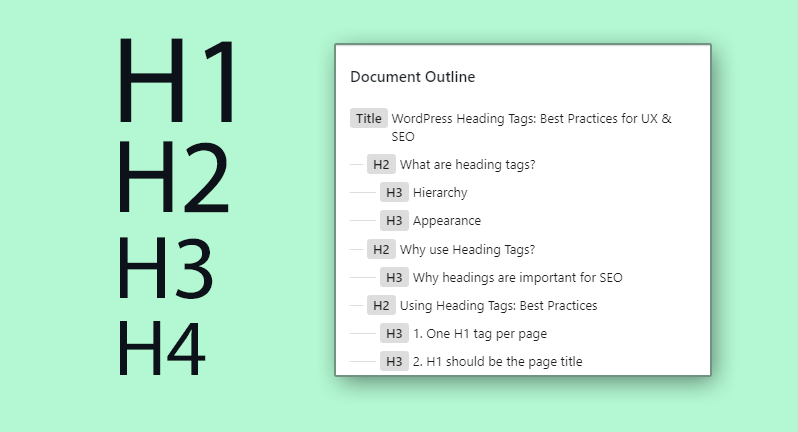
Only use H1 for the title of your article/post. You should not have more than one H1 per page. Other subheadings can be on H2 or H3. Tage your articles and add them to the right categories.
Suggested read: 8 Essential Web & SEO Tools for Auditing and Monitoring Websites
7. Optimized Title and Meta description
Ensure that your content title tag is concise and relevant. The title tag is set out as the search snippet in search engine result pages (SERP). It appears in search engines as a hyperlink and is relevant for ranking. Also, use the target keyword in your post title and repeat it multiple times within your content.
Meta description It is the concise information about the content of a web page that shows up under your website on search engine results pages. This provides a short summary of the content and it allows the audience to have a brief understanding of the post.
8. Optimize and Use Relevant Images
The images of your content can also get massive traffic if properly optimized. Rename the images with relevant keywords you are targeting in the article and this will help search engine to rank your images.
- Also add alt text/tags to your images
- Compress your images before uploading so that the size is reduced
- Serve your images in WEBP next-gen image formats
Also read: Best Guide for Keywords Usage in SEO
9. Build Backlinks

Link building in search engine optimization helps Google to properly understand the links and structure of your web pages. A webpage that has rich content helps visitors to learn more about what they are interested in. This type of content will hence attract backlinks for other websites and will help search engine to rank your website better. Linking can classify into internal and external linking.
Internal linking:
internal linking is also an on-page SEO practice, the means of linking between different contents on your website such as posts, pages, categories, images, etc in order of relevance. This allows the audience to easily navigate the content on your website which also increases your click-through rate and audience time.
External linking/Backlinks
while the aforementioned are relevant for ranking, backlinking is also a good SEO practice that tells search engines like google that your website has informative content that other websites are linking to.
Suggested read: 11 Common SEO Mistakes you Should Avoid
10. Update Your Content Regularly
Finally, update your content frequently as this will inform search engines that the updated content is still relevant and informative. Go back to the articles you wrote one, two or three years ago and update some of them.
These will in all help your ranking on search engines most especially Google.
Summary
-
Write and publish engaging content frequently.
-
Organize and show important links on your homepage such as sitemap, contact, disclaimer, term of service, privacy policy, etc.
-
Update old posts so that they can maintain their relevance on search engines.
-
Share your post, articles, videos, and images on social platforms to gain more dominance.
-
optimize your images will keywords and use images that are relevant to the post.
-
Domain age also adds some value to your ranking on Google, don’t change your domain name unless it is absolutely necessary. The older it gets the higher the relevance of your domain.
-
Your website should be mobile-friendly with good load speed.
What's Next –
Start SEO Optimization. Analyze your website with Free SEO Optimizer
Audit your website for Free - SEO audit free
Also read: The Role of Backlinks in SEO and How to Acquire Them
Suggested reads:
Also read: SEO for Beginners – Ultimate Guide
Also read: RoadMap to Becoming An SEO Expert
Also read: 15 Top SEO Experts and Specialists
Also read: AI SEO – The Impact of Artificial Intelligence on SEO Strategies
Also read: Google Indexing and How Web Crawler Works


